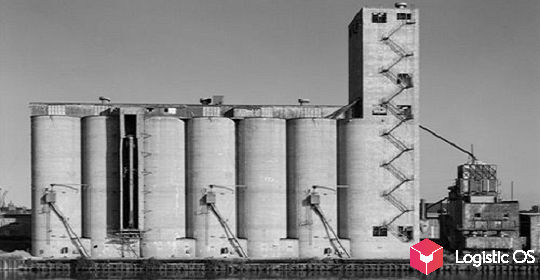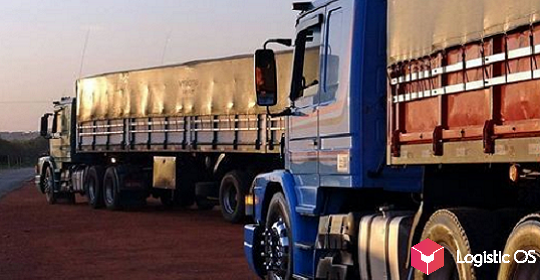The Canadian authorities are demanding that the Russian company sell its Buhler plant in the country, otherwise it is threatened with sanctions.
Rostselmash bought an enterprise in Canada in 2008. And after 5 years, the leadership had to answer the question of Russian President Vladimir Putin why there was no “relocation” to Russia.
Then the co-owner of Rostselmash, Konstantin Babkin, gave a detailed answer, explaining that according to 8 out of 10 parameters, the production of tractors in Canada is more profitable and cost-effective than in Russia.
However, in the end, I still had to think about “moving”.
Currently, Canadian business and politicians are insistently demanding that Rostselmash sell Buhler. Otherwise, in addition to sanctions, there are high risks that the plant will stop lending, as well as problems with making payments.
Now the company’s management is looking for a buyer, you need to catch it before the fall.
How does Rostselmash move to Russia?
At present, the transfer of capacities has already been largely completed.
For example, in the Rostov region, by the end of 2024, they plan to launch 3 plants at once: tractor, transmission and agricultural machinery.
Moreover, the production of tractors is already underway.
“We copied and repeated this production in Russia. Now we produce the main models of these tractors here. What we don’t produce, we will produce within a year and a half,” Babkin notes.
Problems because of the sanctions earlier still arose, and they had to be overcome.
For example, Poland does not always allow trucks to pass through its territory, and many suppliers have limited the supply of spare parts.
As a result, a lot of work had to be done, but at the moment most of the problems have already been successfully resolved, says Rostselmash Director Alexei Shvetsov.
In just a year, it was possible to replace over 90% of the imports of spare parts that were previously produced in unfriendly countries, for example, in Canada and Japan.
For example, this applies to tractors, sprayers, and gearboxes.
In general, Rostselmash managed not only to withstand the impact of sanctions, but even to increase the volume of its activities.
For example, in January-May of this year, he increased the supply of his products by 18%.
Taking into account the fact that production is now mostly localized in Russia, at the moment there is practically nothing stopping the company from further increasing its turnover, since there is demand: Russian farmers have lost access to many imported models of agricultural machinery, and Rostselmash is one of those companies that can be the beneficiaries of this.

